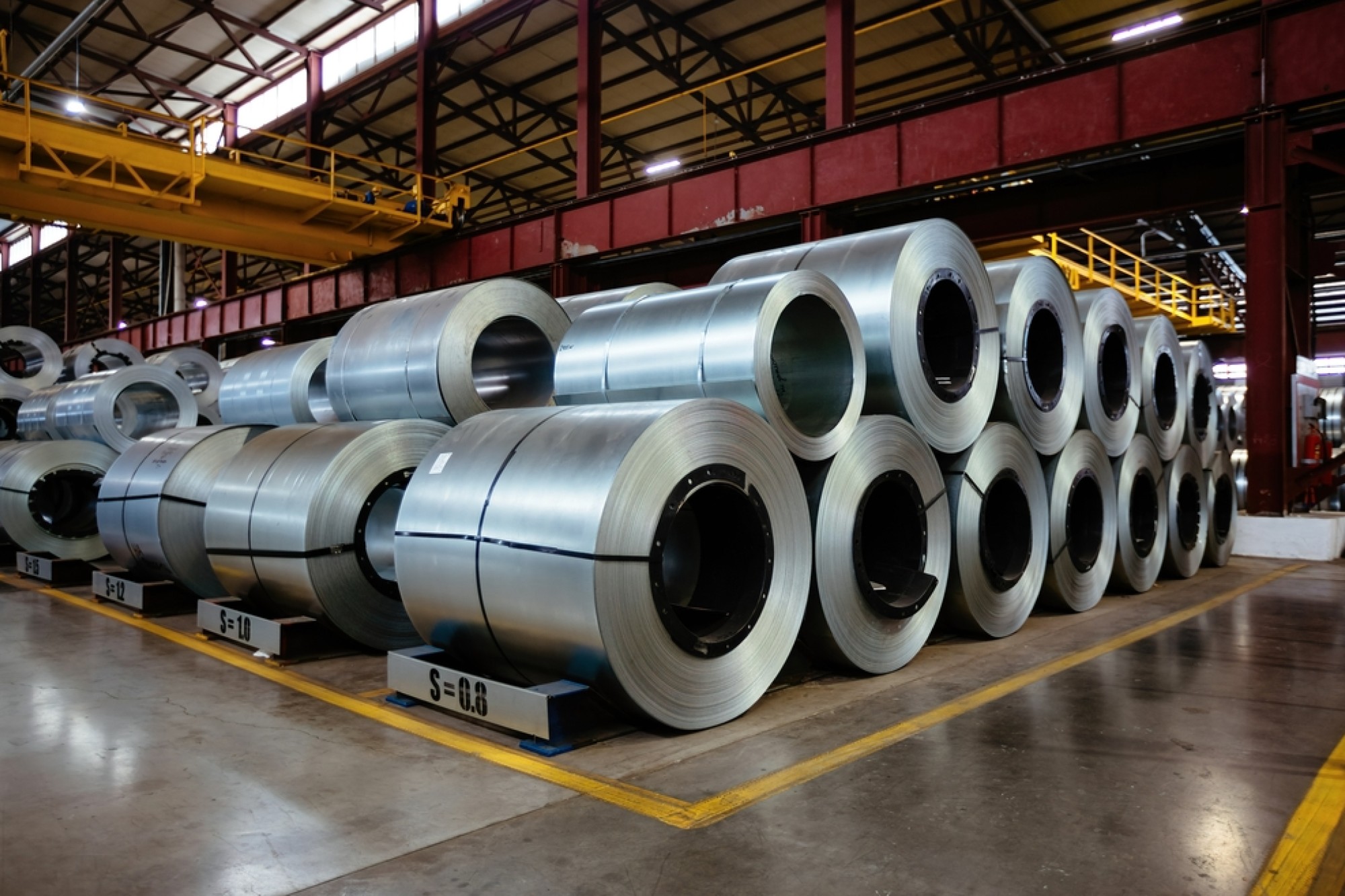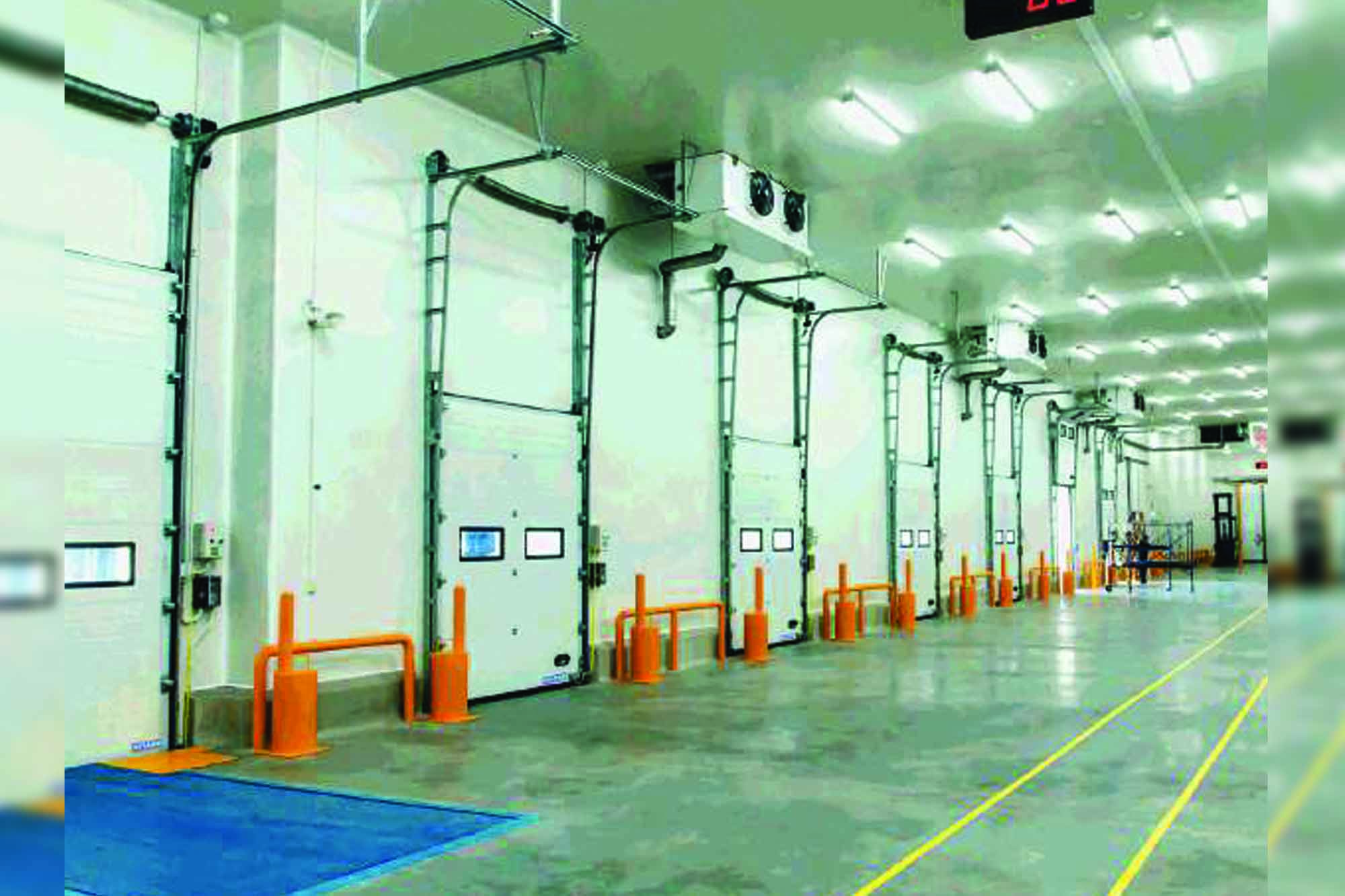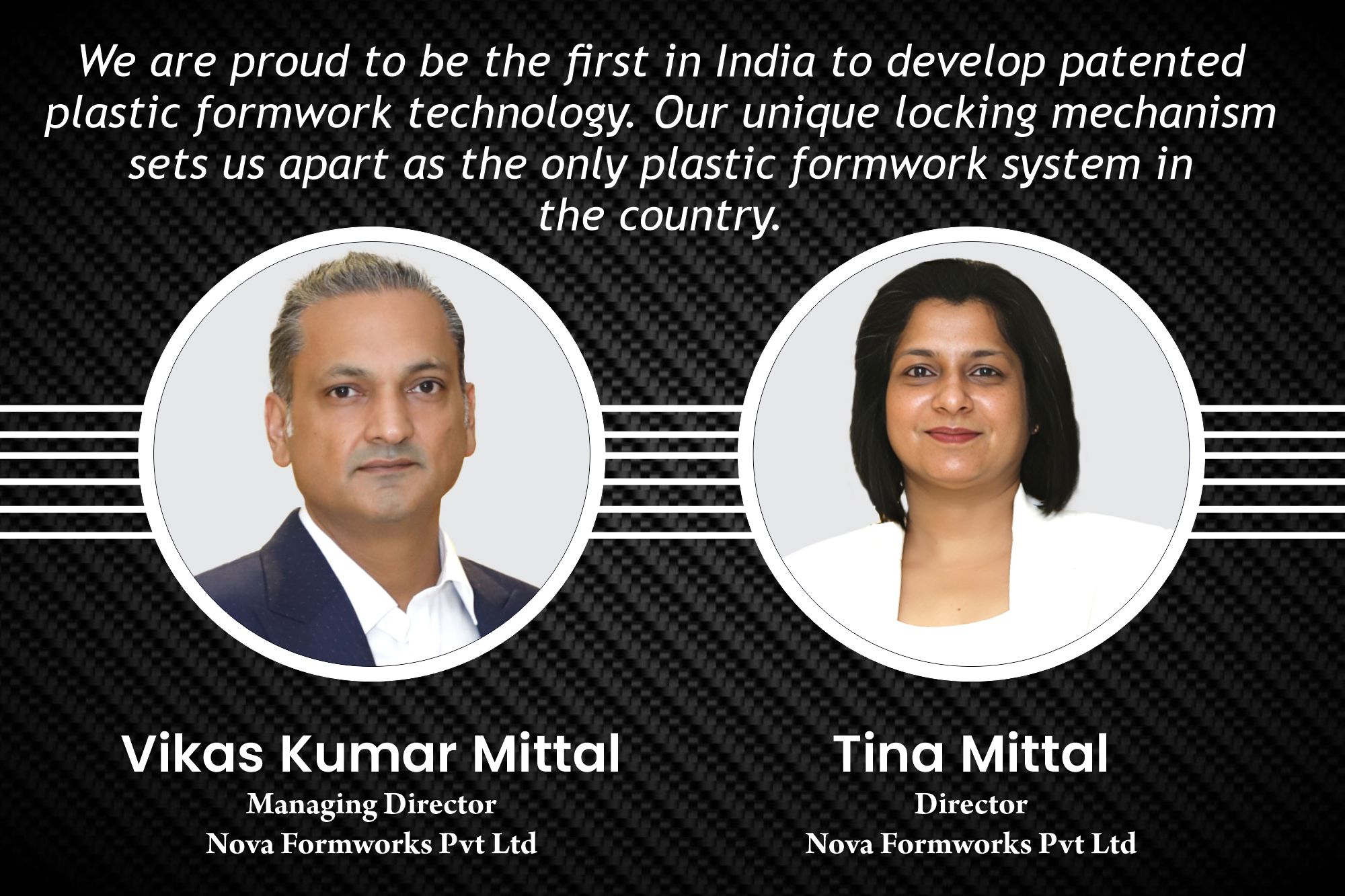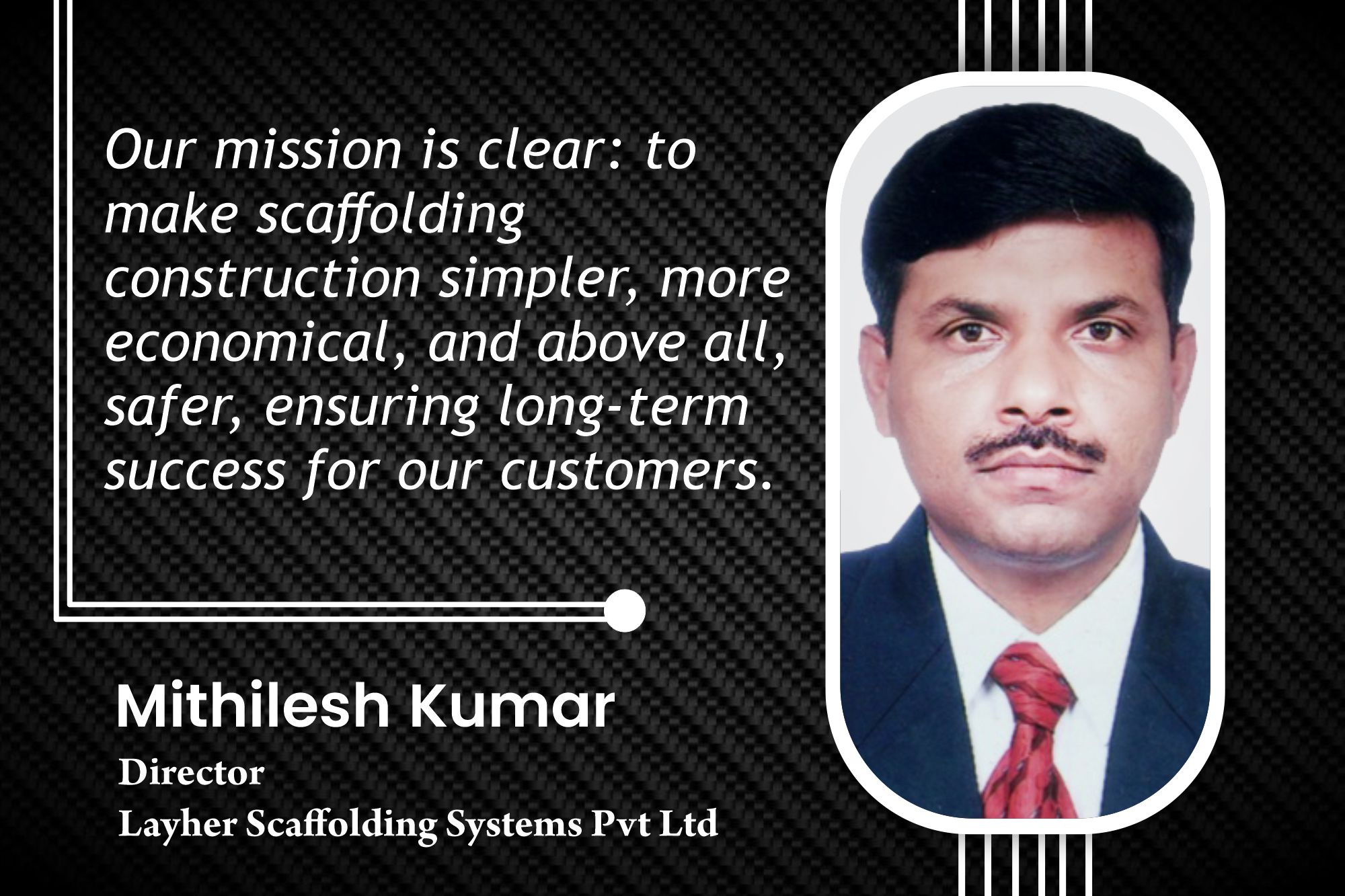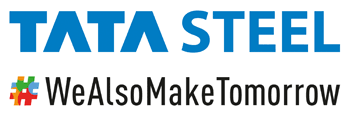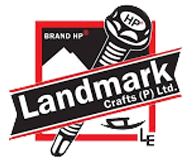Procurement: estimating budget is a challenge
By Edit Team | November 2, 2018 7:25 am SHARE

With evolving procurement industry, the practices in procurement are constantly growing. Selecting suppliers that provide inventory management solutions has emerged as one of the best procurement practices for buyers so far.
According to industry reports, surging demand for sustainable buildings is one of the key growth contributors for the global flat glass market. However, forecasting procurement budgets accurately an uphill task for buyers.
As intelligent sustainable solutions become a way of life, the Ecosense range offered by Asahi Glass strikes the perfect balance between outdoors and indoors, function and finesse. Developed to suit the unique climatic conditions of the Indian subcontinent, Ecosense meets the needs of Indian consumers who traditionally require more cooling than heating and want to prevent solar radiation from coming in. Optimally medium to low U-value, rather than very low U-value, and optimum light is what the Indian consumers want and what Ecosense intelligently gives them.
“A natural choice for all environment-friendly architecture, Ecosense is widely used on exterior facades to keep indoor spaces brighter and cooler. It allows light to pass through a window or facade, while radiating, absorbing and reflecting away a large degree of the near-range infrared heat,” says Vikram Khanna, COO – Consumer Glass, COO – Architectural Institutional Business, CMO, CIO, Asahi India Glass Ltd. (AIS).
This glass product comes in five different ranges – Ecosense Enhance Solar Control, Ecosense Exceed Solar Control Low-E, Ecosense Edge Solar Control & Thermal Insulation Glass, Ecosense Essence Low-E range and Ecosense Excel Double Low E glass.
The company has introduced few new products to this range of glass as mentioned below:
Exceed Priva, Exceed Platina, Exceed Comfort & Exceed Blueberry in the Solar Control Low-E glass range, Enhance Nimbus, Enhance Harmony & Enhance Serene in Solar Control glass range, Excel Star & Excel Marvel in Solar Control Double Low –E glass range, and Edge Plus in Solar Control & Thermal Insulation Low –E glass range.
AIS Renew – Retrofitting Solutions:
While the aforementioned products can be easily incorporated in new buildings, it would be expensive to convert an old building, if the traditional method of window glazing has been used.
AIS Renew is a solution which converts a Glazed Unit (SGU or IGU) into an energy-saving Insulated Glazed Unit (IGU) by installing Low-E glass from the inside. The installation procedure is very quick and does not require any scaffolding which makes it suitable for energy-saving renovations in existing buildings.
AIS Renew provides the benefit of reducing the heat gain in buildings due to its excellent energy saving properties without compromising on the natural light coming inside the building or the brilliant aesthetics that add value to the façade. And in winter, they ensure solar gain so that people inside stay comfortable at all times irrespective of the season. It helps in cutting energy costs by reducing load on air conditioners and cutting down on artificial lighting.
Features:
• Protects the building from sun’s heat and improves comfort level of occupants.
• Helps in heat insulation during the winter season.
• Offers excellent noise-reduction, as it has acoustic properties.
• Significant reduction in dew condensation.
• Short installation period (30 to 60 minutes per window).
• Low cost installation.
• No need for scaffolding during installation.
• Existing glass continues to be used, so its disposal is not required.
• Periodic replacement is not needed.
• Low maintenance and very easy to clean.
• Quick payback period.
Applications
AIS Renew retrofitting solutions can be used in the following structures to make your building energy efficient – corporate offices, hotels, hospitals, banks, food chains, car showrooms and shopping malls.
“Privacy of customers is a special issue in the public space. Opaque materials tend to be seen as better options than glass — for obvious reasons The latest trend in glass solutions is ‘smart glass’,“ he says.
The company has launched AIS Swytchglas – a glass that turns from being transparent to translucent, and vice versa with the press of a button.
“The principle behind Swytchglas is the suspended particle technology that is very similar to the concept of artificial magnets. It can be operated with both remote and manual control. It is ideal for personal spaces, office cabins and modern conference rooms,” Khanna says.
AIS has also launched a fire-resistant glass range under the brand “AIS Pyrobel” in India in collaboration with AGC.
AIS Pyrobel is a laminated glass with an intumescent layer. A high-end Fire Resistant Glass range, AIS Pyrobel is engineered to withstand extreme levels of heat, restrict heat transfer and prevent passage of smoke and flames. In the event of fire, the interlayers expand and transform themselves into a rigid, opaque and heat-absorbing fire shield.
In fact, it can easily replace a brick wall in terms of fire-rating property; at the same time provide clear vision of the other side. It fits the needs of architects, builders and interior design experts to design modern building spaces in a manner to contain damage due to an unfortunate occurrence of fire. AIS Pyrobel is well-suited for hospitals, hotels, public buildings, schools, shopping malls, airports, theatres, parks, ships, and railways, as well as for industrial uses like machines, crane cabins, etc. It finds application as doors and windows, partitions, roofs, smoke screens, etc.
Moreover, government initiatives like ‘Make in India’ have paved the way for procurement of locally-produced material that is providing room for competitive costs while keeping quality standards intact.
“Make in India has encouraged developers and organisations to procure material that is produced locally yet meets all the quality standards that imported goods have. The main factor to select local produce is shorter lead time and competitive costs, without compromising on quality standards,” he added.
The main factor to select local produce is shorter lead time and competitive costs, without compromising on quality standards.
Vikram Khanna, COO-Consumer Glass, COO-Architectural Institutional Business, CMO, CIO, Asahi India Glass Ltd.
Cookie Consent
We use cookies to personalize your experience. By continuing to visit this website you agree to our Terms & Conditions, Privacy Policy and Cookie Policy.



